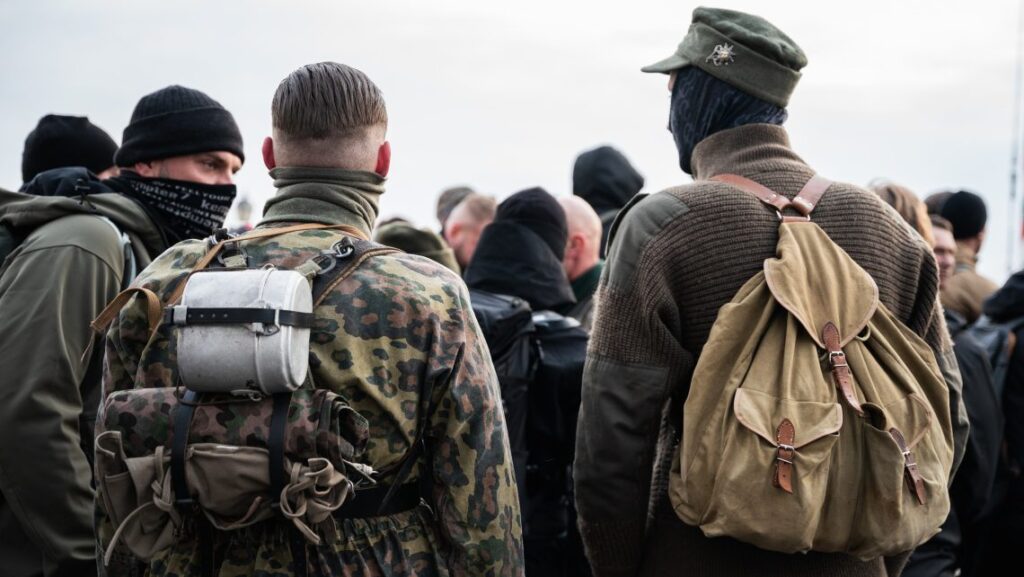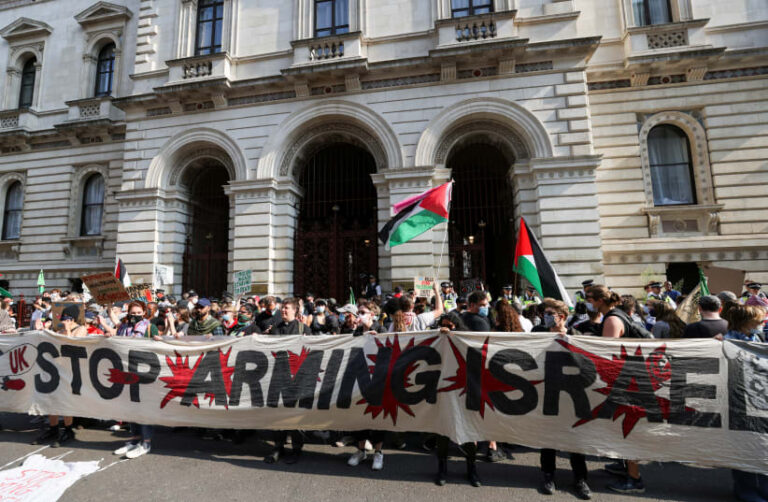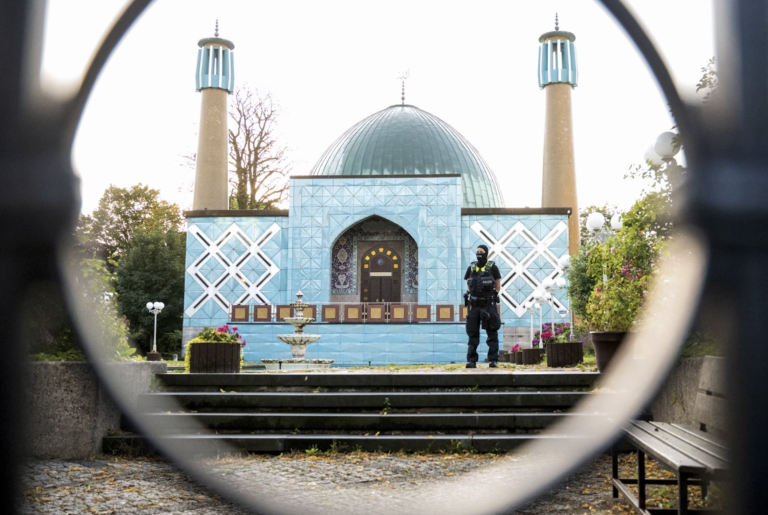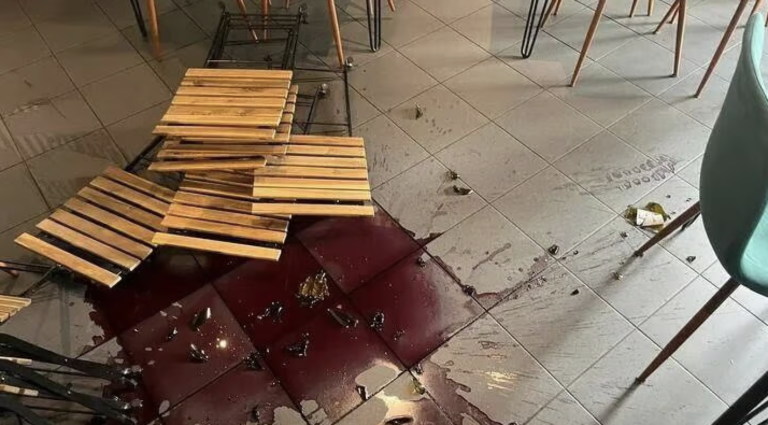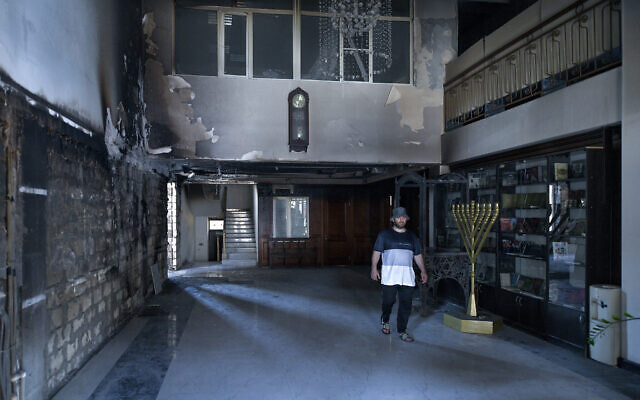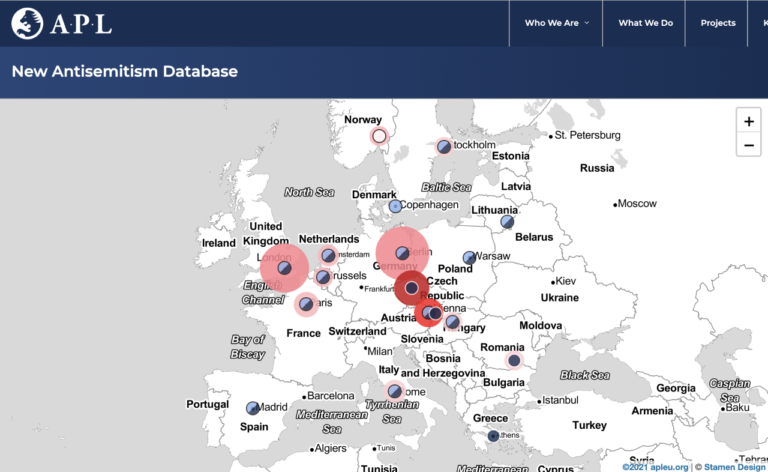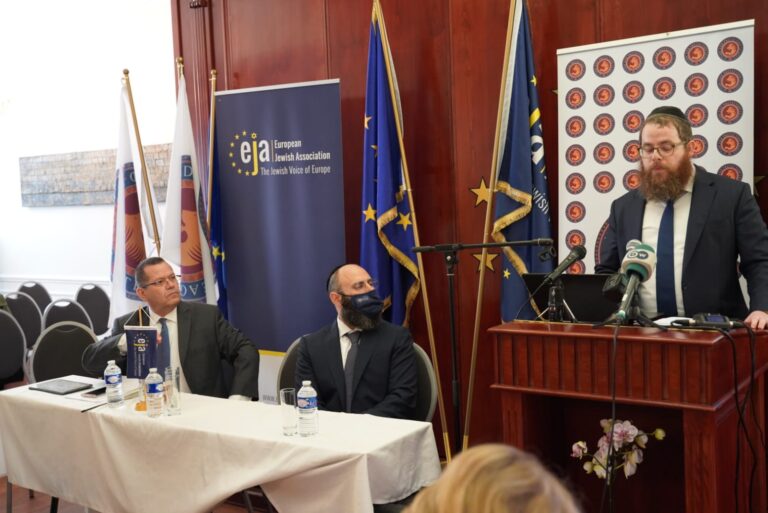This year’s ‘Day of Honour’ tour in Hungary, organised to commemorate the anniversary of the attempted breakout of German and Hungarian troops in 1945, went down without violence or provocation.
Compared to last year, the ‘Day of Honour’ tour in Budapest, Hungary, was uneventful and went down without any particular provocation. Celebrations of the ‘Day of Honour’ take place annually in Budapest to remember a failed breakout attempt by 28,000 German and Hungarian troops in 1945 when the Soviet Red Army sieged the city. Right-wing activists gather to commemorate the historical event, wearing Nazi and Arrow Cross uniforms, right-wing flags and symbols, in addition to civilian commemorators and military traditionalists.
According to the Budapest Police Headquarters, out of three planned rallies, two were banned, and the chief of police of Budapest ordered increased control throughout the capital for the day of the event, February 10. The event was also banned by the police at first, but this decision was overturned by a judge, allowing the demonstrations to go ahead as usual.
A total of four men were arrested: two for firearms offences, and what appeared to be weapons (presumably airsoft guns) were seized from them and are being examined by an expert. One man was found in possession of a switchblade knife and was prosecuted for possession of an object particularly dangerous to public safety. Another of the participants in the meeting was prosecuted for a misdemeanour for violating freedom of association and assembly because he refused to remove his mask despite repeated requests from the police.
According to Telex, more than a thousand people set off from Buda on Saturday afternoon towards the Buda Hills. While most of the marchers were Hungarian, many travelled from across Europe to participate in the march. The European Roma Rights Centre reported that German, Bulgarian, and Czech far-right groups attended this year’s event, as well as members of the right-wing extremist group Blood and Honour. Police officers supervised the march at short intervals along the route, and an anti-fascist demonstration was held in Buda a few hours before the event.
The organisers distance themselves from the far-right, saying that it is only a commemoration of the dead of the 1945 outbreak and those who „survived at the cost of immense suffering”. According to the anti-fascist protesters, the ‘Day of Honour’ tour is a neo-Nazi march.
Photo credit: Szajki Bálint / 24.HU (via tev.hu)
